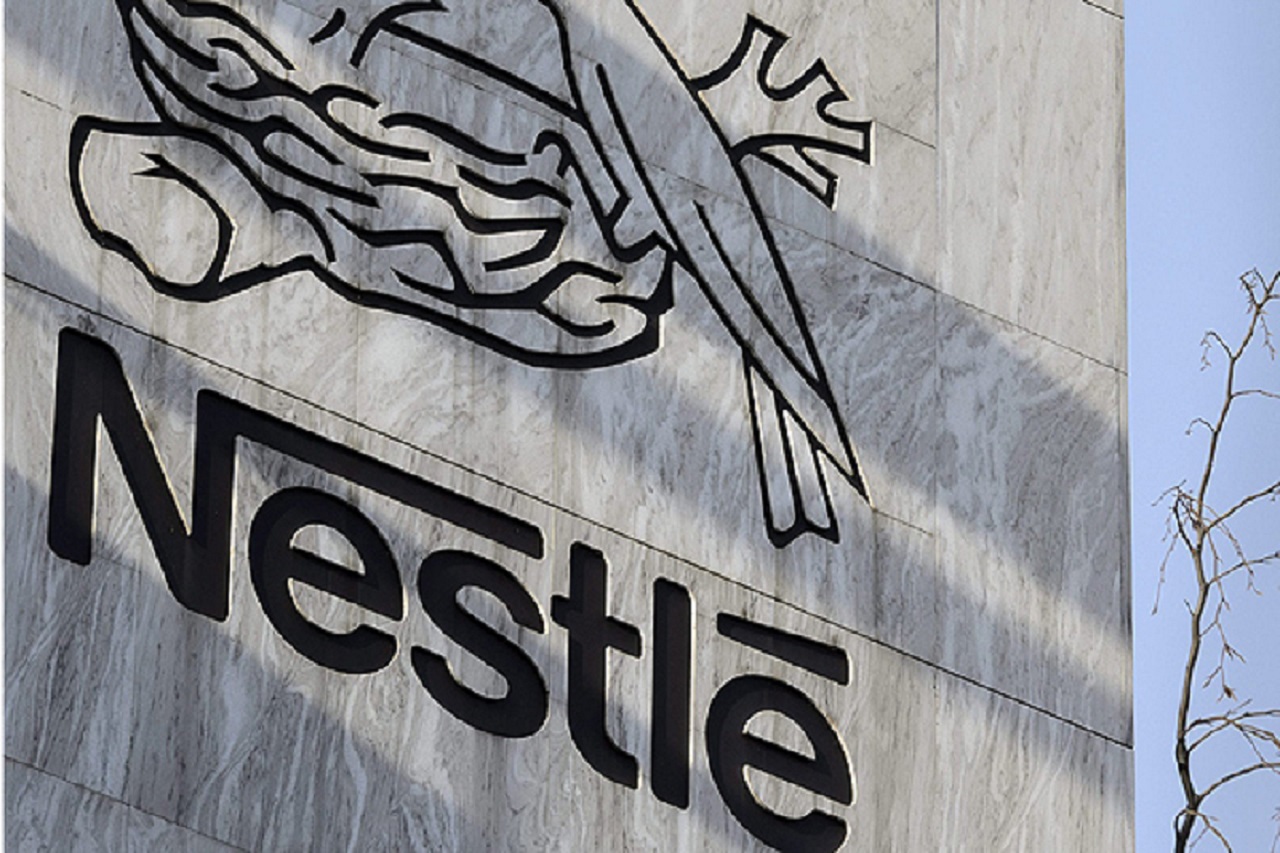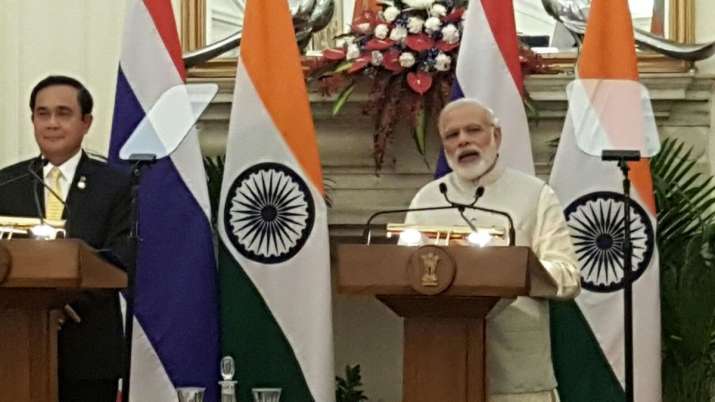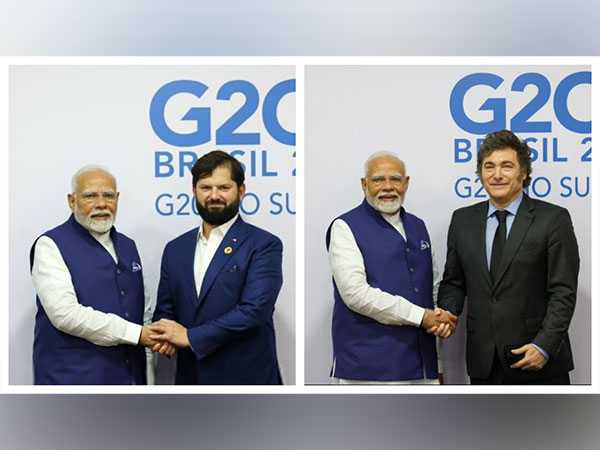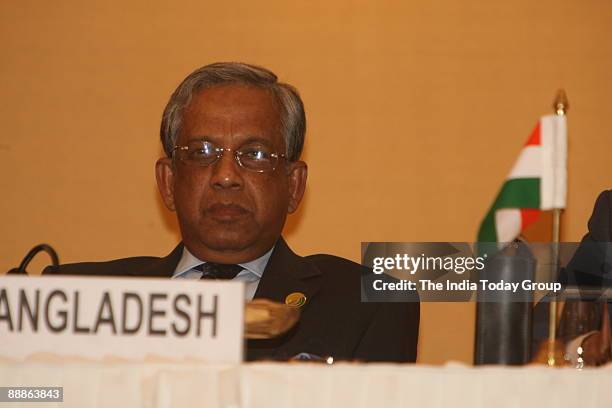


In a significant development, Switzerland has taken a unilateral decision to revoke the 'Most Favoured Nation' status accorded to India under the Double Taxation Avoidance Agreement (DTAA) treaty. This move will have a major impact on Indian businesses operating in Switzerland as well as Swiss investments in India. The decision was made by the Swiss finance department in response to the Supreme Court of India's 2023 ruling, stating that the MFN clause between two nations does not automatically apply when a country joins the OECD. This raises questions on the interpretation and application of the MFN clause in tax treaties under the OECD, which is known for shaping international policies for better economic and social outcomes.
India-Switzerland Most Favoured Nation Status: A Deeper Dive
Background
India and Switzerland have enjoyed a long-standing Double Taxation Avoidance Agreement (DTAA) since 1995. Under the treaty, both countries agree to avoid double taxation on certain types of income earned by individuals and companies residing in their respective territories.
A key provision of the DTAA is the "Most Favoured Nation" (MFN) clause. This clause mandates that if either country grants a more favorable tax rate to any third country, it must automatically extend the same rate to the other DTAA partner.
MFN Revocation by Switzerland
In a significant development, Switzerland has unilaterally revoked the MFN status accorded to India under the DTAA treaty. This decision stems from the Supreme Court of India's 2023 ruling, which held that the MFN clause does not automatically apply when a country joins the Organisation for Economic Co-operation and Development (OECD).
Switzerland's decision has sparked concern among Indian businesses operating in Switzerland and Swiss investors in India. It raises uncertainty regarding the tax rates and liability that will apply to their income and investments.
Top 5 FAQs
1. What does MFN status mean?
MFN status ensures that countries treat each other's citizens and businesses as favorably as they treat their own, in terms of taxation.
2. Why has Switzerland revoked India's MFN status?
Switzerland has revoked India's MFN status due to the Supreme Court of India's ruling that the MFN clause does not automatically apply when a country joins the OECD.
3. What are the implications for Indian businesses in Switzerland?
Indian businesses in Switzerland may face higher tax rates or additional tax liability as a result of the MFN revocation.
4. What are the implications for Swiss investments in India?
Swiss investors in India may also experience higher tax rates or additional tax liability due to the MFN revocation.
5. What is the future of the India-Switzerland DTAA?
The future of the DTAA is uncertain. India has expressed its concern over Switzerland's decision and is seeking clarification on the matter. It is possible that the two countries will engage in negotiations to revise the DTAA.

The Indian Prime Minister's Office (PMO) has intervened to swiftly finalize the Terms of Reference (ToR) for a Bilateral Trade Agreement (BTA) with the United States. The ToR outlines the framework for negotiations and was still pending as US negotiators left India after four days of talks. US President Donald Trump hinted at possible relief for India from sweeping tariffs, while the United States Trade Representative (USTR) raised concerns over various Indian trade barriers, putting pressure on India to amend its trade policies. However, experts warn that India must assess each demand through its own national priorities and values.

The US President's decision to impose tariffs on China not only affects the country, but also popular transshipping destinations used by Chinese exporters. This has also led to increased tariff hikes on third countries such as Vietnam, which have become alternative destinations for companies to transship goods and avoid US duties. The Vietnamese government has responded by lowering tax rates on imports of American goods and forming a task force to mitigate the impact of these tariffs.

Indian Prime Minister Narendra Modi was warmly welcomed by Thai Prime Minister Paetongtarn Shinawatra in Bangkok as they exchanged MoUs and discussed cooperative possibilities. PM Modi expressed gratitude for the warm welcome and solidarity with the Thai people after the recent earthquake. He was also presented with the Tipitaka, a revered compilation of Lord Buddha's teachings, showcasing India's spiritual leadership and strong ties with Buddhist nations.

Indian Prime Minister Narendra Modi welcomed Chilean President Gabriel Boric at Hyderabad House in New Delhi. The two leaders discussed ways to strengthen the already "strong" bilateral ties between the two countries. President Boric also paid tribute to Mahatma Gandhi at Raj Ghat, emphasizing the shared fundamental values between India and Chile. This is President Boric's first visit to India since taking office and he is accompanied by a high-level delegation of ministers, officials, media, and prominent Chileans.

Chilean President Gabriel Boric is set to begin a five-day state visit to India on Tuesday, at the invitation of Prime Minister Narendra Modi. The visit will focus on reviewing bilateral ties and discussing international issues of mutual interest, with meetings scheduled between Boric and Modi, as well as President Droupadi Murmu. Additionally, Union Finance Minister Nirmala Sitharaman will launch a portal providing comprehensive data on socio-economic and fiscal parameters of Indian states, while the Supreme Court is scheduled to hear a plea challenging the validity of a provision of the Places of Worship (Special Provisions) Act, 1991.

NASA astronaut Sunita Williams has announced her plans to visit India and meet the Indian Space Research Organisation (ISRO) team during her trip. Williams, who has Indian roots, shared her excitement about returning to her father's home country and expressed admiration for India's beauty from space. She also mentioned her interest in the upcoming ISRO mission and its Indian astronauts.

Bangladesh Chief Adviser Muhammad Yunus recently visited China and urged Beijing to extend its economic influence to the country, mentioning that India's northeastern states being landlocked could be seen as an opportunity. The remark, made during Yunus' trip, has sparked controversy on social media. Yunus also called Bangladesh the only guardian of the ocean in the region, and stated that this could be a huge opportunity for China to extend its economy.

During an Eid al-Fitr prayer speech, Turkish President Recep Tayyip Erdogan used strong language, calling for the destruction of Israel. He also referred to Allah as "al-Qahhar" and wished for mercy upon martyrs and a speedy recovery for veterans. In his nationwide holiday message, Erdogan criticized the ongoing violence in Gaza and called for action from Western countries. Israel's Foreign Minister Gideon Sa’ar responded to Erdogan's statements, condemning him as antisemitic and dangerous to the region and his own people.

Inspector Rakesh Tripathi and his team were met with hostility from villagers during a motorcycle recovery operation in Telenga village, Odisha. The suspects managed to escape, prompting an intensified manhunt from authorities. The incident illustrates ongoing tensions within local communities and the need for cooperation to ensure justice is served.

The Arab countries of UAE and Saudi Arabia have officially declared the start of Eid-ul-Fitr today, concluding the holy month of Ramadan. In India, Eid is likely to be celebrated tomorrow, with the exact date depending on the sighting of the crescent moon. As families and friends come together to celebrate, here are some WhatsApp messages to share with loved ones.